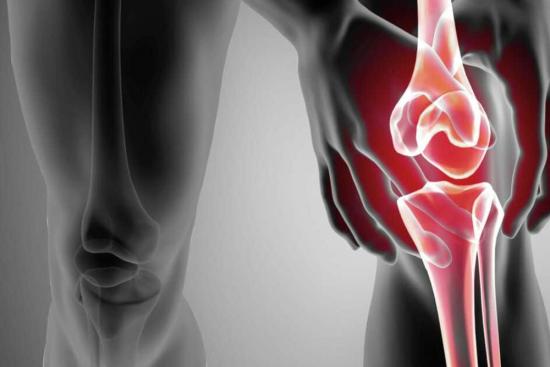The menisci, the cartilage pads in the knee, play a crucial role in the joint's flexibility and shock absorption. Unfortunately, they can become damaged, causing pain and limiting mobility.
In this context, meniscectomy can be an effective solution for unstable meniscal lesions.
Knee meniscus surgery cost in Turkey
The cost of knee meniscus surgery depends on the type of procedure (meniscectomy or meniscal injury). Turquie santé guarantees you the competitive prices in Istanbul, Turkey. In addition, our partner clinics and hospitals provide you with the best possible care for your orthopedic problem.
To receive a personalized quote for your meniscectomy as well as a free consultation, click on the link below. You can also consult the reviews of our patients.







